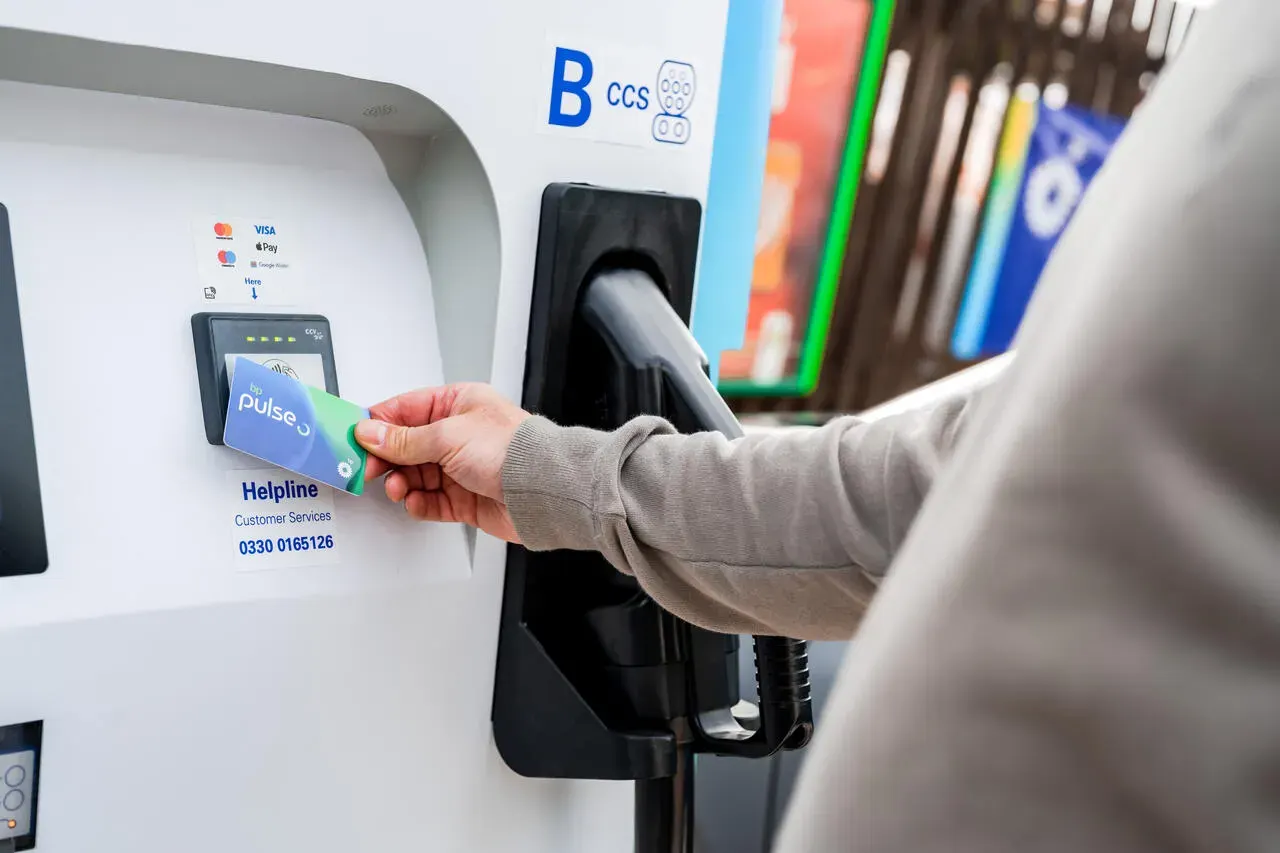Sometimes referred to as ‘EV charge cards’, we share a quick introduction to one of the most important charging accessories
As electric vehicles (EVs) have continued to gain popularity, more and more drivers are switching from traditional fuel vehicles to EVs. If you're switching to an EV, you might be concerned about how you charge on the go, and be eager to understand if you can use a normal debit or credit card—or if you need a specific charging card. This is where RFID cards come in.
What is RFID?
RFID stands for radio frequency identification. It is a form of wireless communication that can be used to identify a unique object by leveraging the radio frequency range of the electromagnetic spectrum. RFID technology allows digital data encoded in an RFID card to be captured by a reader. This is similar to the technology used in bar codes, except RFID data can be read without needing an optical scanner.
What is an RFID card?
While RFID can have multiple applications, when it comes to EV charging, RFID cards are used to make it easy to pay for charging at charging points. An RFID card lets you start a charge at a public charging point by tapping your card against a reader. The card contains unique data that is transmitted to the charging station, allowing it to identify the user and initiate the charging process.
When you download the bp pulse app and subscribe for £7.85 per month, you’ll receive
your choice of a bp pulse card. Both are a type of RFID card, and let you start
and end a charge on one of our public charging points with a simple tap. Subscribers also
enjoy our best rates for public charging** – from £0.44/kWh, in addition to receiving a month’s free subscription**









